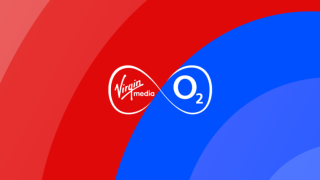The deal would have seen a significant expansion of the Comtech portfolio in a transaction valued at US$532.5 million. Comtech was offering $10.25 per ordinary share, paying 70% in cash and 30% in Comtech common stock. If completed it would have seen the two dominate the cellular backhaul sector with an estimated 80% market share.
However, in a joint statement released Monday, executives from the two companies said the pandemic made the timing of the deal “challenging”.
In their statement, Fred Kornberg, Comtech’s chair and CEO, and Dov Baharav, chair of the Board of Gilat, said: “While we both believed from the outset that the merger of these two great companies was a perfect marriage, the Covid-19 pandemic made the timing of the combination particularly challenging.
“We concluded, that under current conditions, the settlement is the best path forward for both companies and their respective stakeholders,” they continued.
Putting the breaks on the merger, Comtech filed a law suit in July claiming Gilat had experienced Material Adverse Effect (MAE) during the first months of the pandemic. As such, the value of the company was significantly reduced.
Gilat is not alone in its challenges this year. In an outlook published in July, NSR said it expects satellite revenues will take three years to recover from the adverse market impact of Covid-19, following a projected 7% dip this year.
With their deal now off, Comtech has agreed to make a payment of $70 million to Gilat and the two have settled all pending litigation in the Delaware Court of Chancery, which was due to begin on Monday US time.
The termination agreement has been approved by the boards of both companies, effective immediately, and litigation was accordingly cancelled.





